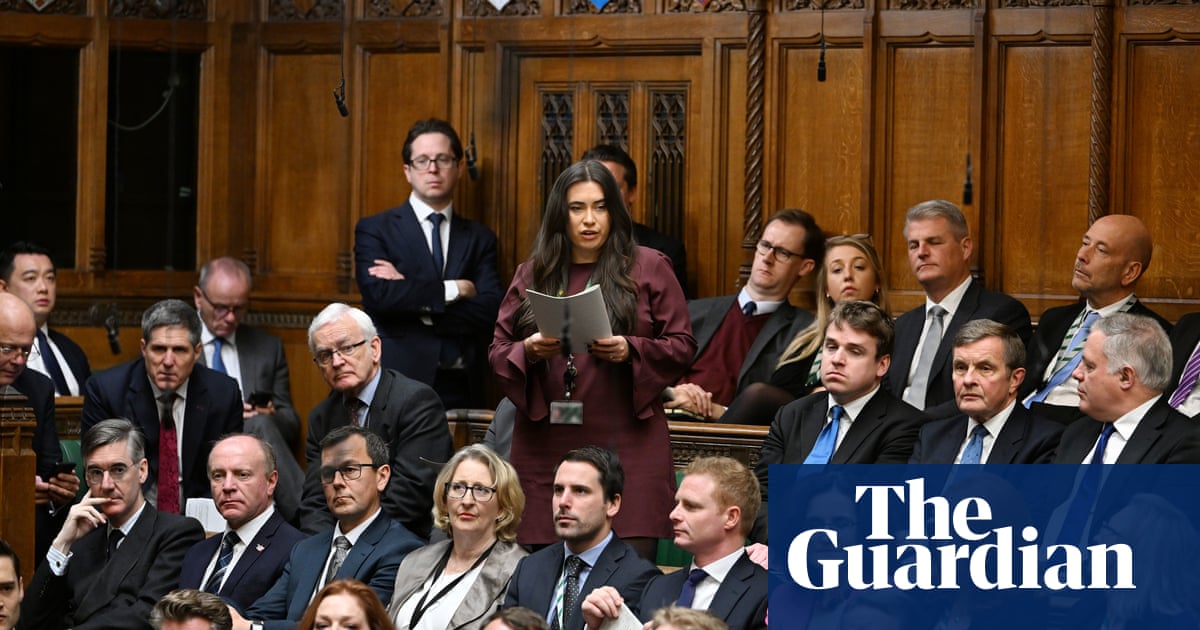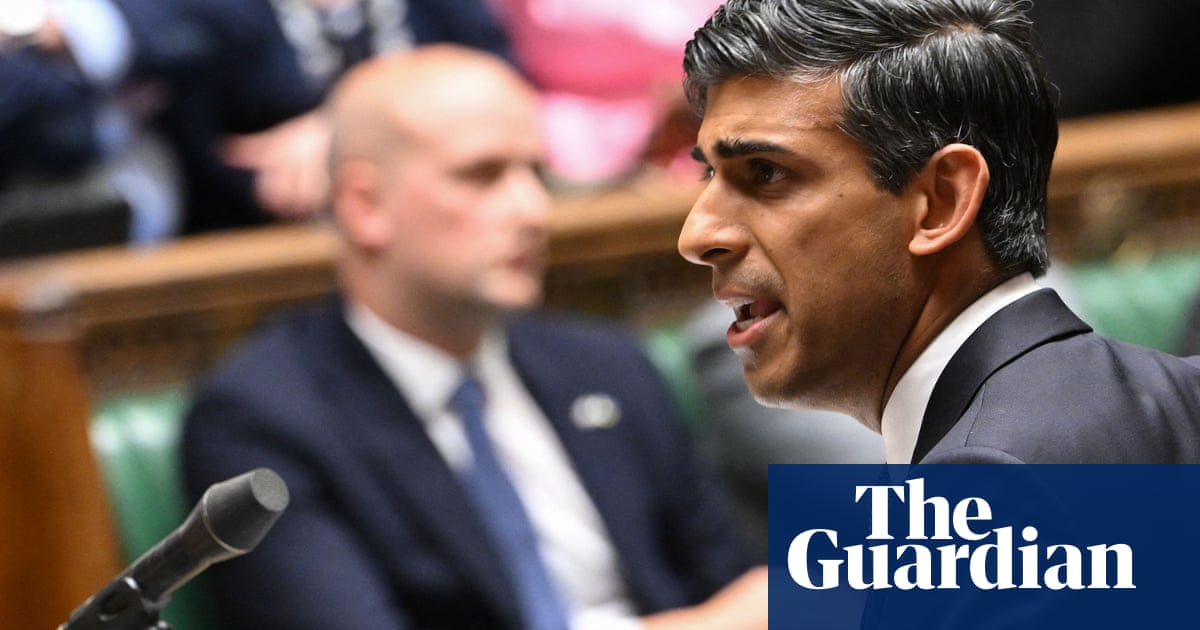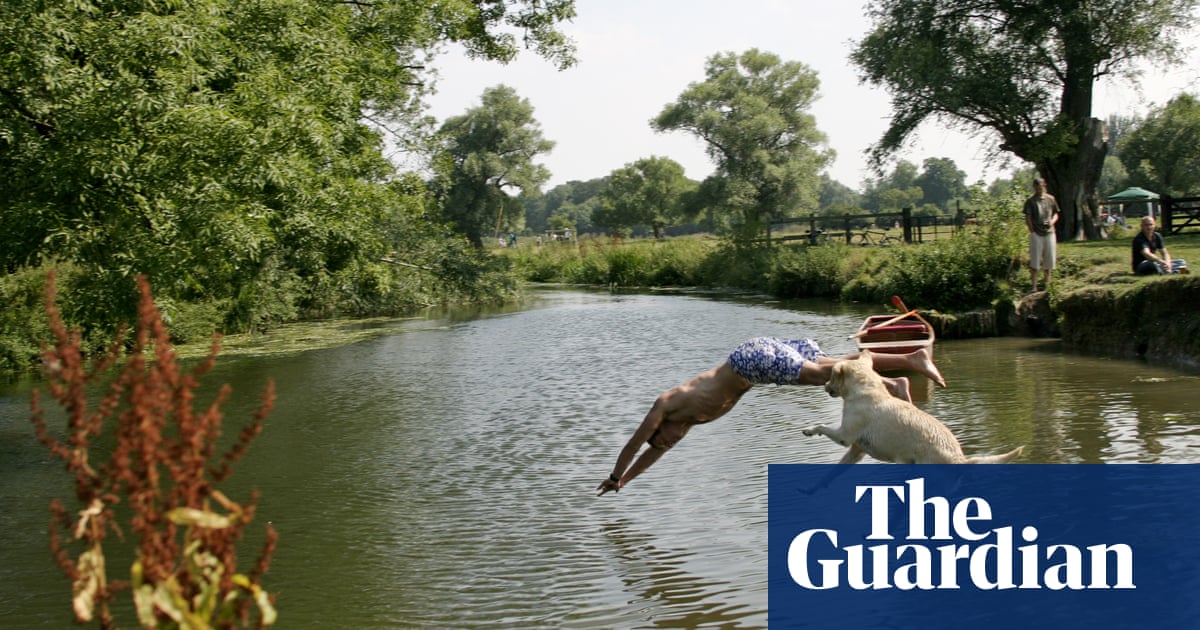
Conservative MPs with wafer-thin margins who pulled off shock victories in the 2019 election will be allowed to stand in other seats after the party designated them “displaced”.
With senior Tory strategists pencilling in autumn 2024 as the most likely date for the next general election, some MPs have spent the Easter recess hatching plans to boost their chances of safety.
The Guardian has been told at least eight have been given the go-ahead by Conservative headquarters to prepare to stand in different seats, as a result of boundary changes due to come into force next year.
The constituencies of some are being abolished or merged, while others have argued their patch will be drastically changed.
Most of those who were deemed “displaced” by a panel – made up of representatives from the Conservative party board, the 1922 Committee of backbenchers and national convention – are from the 2019 intake. Many pulled off surprise victories, riding the wave of Boris Johnson’s landmark election win.
Richard Holden, a transport minister who achieved one of the most memorable “red wall” wins in North West Durham, is among those who have applied and been granted displaced status, allowing him to stand elsewhere. In 2019, Holden’s majority was just 1,100. However, the number of seats in north-east England is due to be reduced by two.
In Yorkshire, the sports minister Stuart Andrew’s Pudsey constituency, which he won by fewer than 4,000 votes at the last election, is being broken up, enabling him to be recognised as displaced.
Over in the north-west of England, another two constituencies are to be abolished. Chris Clarkson clinched the seat of Heywood and Middleton at the last election by 660 votes. Meanwhile, Andy Carter became the MP for Warrington South with a majority of 1,800, and Scott Benton – who had the Tory whip suspended over a recent lobbying scandal – took Blackpool South by 3,600 votes. All three have been deemed displaced.
In the Midlands, Nicola Richards has already declared she will not stand again for West Bromwich East, a seat the Tories won for the first time in 2019. She and Eddie Hughes, who in 2017 became the first Conservative MP to win the seat of Walsall North at a general election since its inception, are both also considered “displaced”.
In Wales, where the number of constituencies is being cut by eight, Jamie Wallis has also applied to be displaced. His Bridgend seat was won by the Tories in 2019 by 1,300 votes.
The move has provoked ire among other MPs defending marginal constituencies, who believe some of their colleagues are “just trying to jump to a safer seat”. They accused some of those who had applied to be displaced of doing a “chicken run” – political parlance for when an MP ducks out of one constituency because they think they might not win there and moves to another.
Attention is turning to the next general election, after briefings this week about when Rishi Sunak plans to hold a vote. With double-digit inflation persisting and recent statistics revealing the economy has flatlined, senior Tory strategists have set their eyes on next autumn as the most likely date – to allow more time for an economic recovery.
“Next spring will be the big giveaway budget,” said one. “We’ve taken the hits for being too cautious, but in the end it will be worth it.”
Another added: “I’d put good money on the next general election being the last Thursday before the clocks go back. No one wants to be traipsing around canvassing in deepest, darkest winter.”
Though Labour’s polling lead has begun to dip slightly, the party is still firmly ahead and hoping for a strong showing in next month’s local elections. It wants to use the moment to keep up the momentum and show that Keir Starmer is capable of keeping Labour well out in front in the run-up to the general election.
Some Tory MPs considered to be rising stars or in with the chance of a return to high office have begun bowing out, meaning there will be a reshuffle of seats as MPs looking elsewhere are matched with those areas where the incumbent has said they will not stand again.
MPs such as the levelling up minister Dehenna Davison, the former chancellor Sajid Javid and the public administration and constitutional affairs select committee chair, William Wragg, have all confirmed they will stand down at the next election.
There is likely to be jostling for safer seats, such as Henley, where John Howell has said he will stand down as MP, handing what is almost guaranteed to be a large majority to his successor.












